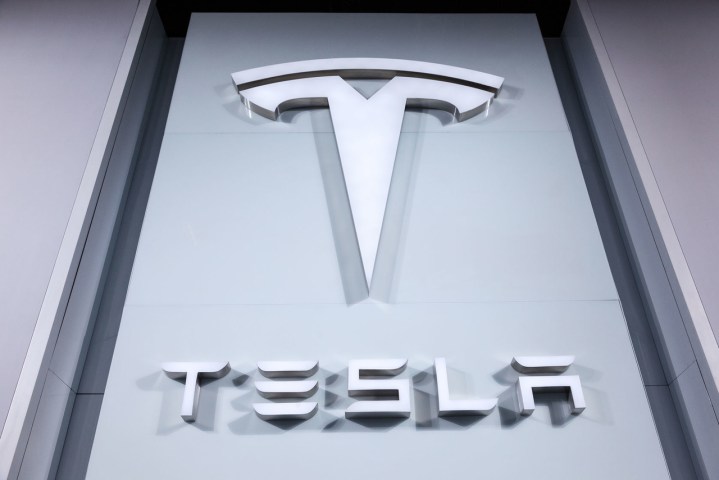
Following legislation initiated by the Michigan Automobile Dealers Association, passed by the Michigan state legislature, and signed into law by Governor Rick Snyder, that “clarified” the ban on automakers selling their own cars, a number of Tesla owners decided that they had had enough. They formed the Michigan Freedom to Buy Coalition.
MiFreedom2Buy lists as its guiding purposes “promoting innovation,” “defending the free market,” and “supporting consumer choice.” The group is collecting signatures for a petition to legislators in the Michigan Senate and Michigan House of Representatives to have a discussion with Governor Snyder about the future of the automaker-franchise model. According to the group’s website, Snyder stated at the time that, “A healthy, open discussion can and should be had over whether the current business model in Michigan should be changed.”
What some states, including Michigan, Connecticut, North Carolina, and others don’t seem to get, is that selling through third-party dealerships is antithetical to Tesla’s business model. Auto dealerships make most of their money from service, says Tesla CEO Elon Musk, and that won’t work for electric vehicles, which have fewer service needs than internal combustion engine-powered cars and trucks. Musk also has said he thinks making money on service is “terrible.”
In addition, Musk believes that if all-electric cars were sold in a dealership along with ICE vehicles, customers would be steered away from e-cars, both because the sales staff don’t understand them and because dealerships would prefer to sell cars that bring in more service revenue.
Over 400 Michigan Tesla owners currently have to drive to Cleveland or Chicago for service. Tesla has applied for a Michigan dealership and repair license twice, but so far has gotten nowhere.
“It is a very important state. Whether it’s through the legislature or the courts, one way or another, we’re determined to do whatever we need to do in order for justice to prevail and serve our customers in Michigan,” said Todd Maron, Tesla General Counsel.
New legislation, House Bill 5312 to allow direct sales of cars by automakers to consumers was introduced by state representative Aaron Miller, R-Sturgis in February 2016.
In the meantime Tesla owners Jeff Timmer and Andy Keller from MiFreedom2Buy offer Tesla test drives. “We have this archaic law that prevents them (Tesla) from selling here,” said Timmer. “I don’t understand if somebody wants to buy a product why the government should decide who they need to buy it from,” added Keller.
Terry Burns, executive vice president of the Michigan Automobile Dealers Association, which is opposed to any change, has said of the current system that, “It has worked well for many, many years for every manufacturer in the world that has wanted to sell vehicles in the United States and specifically in Michigan.”



